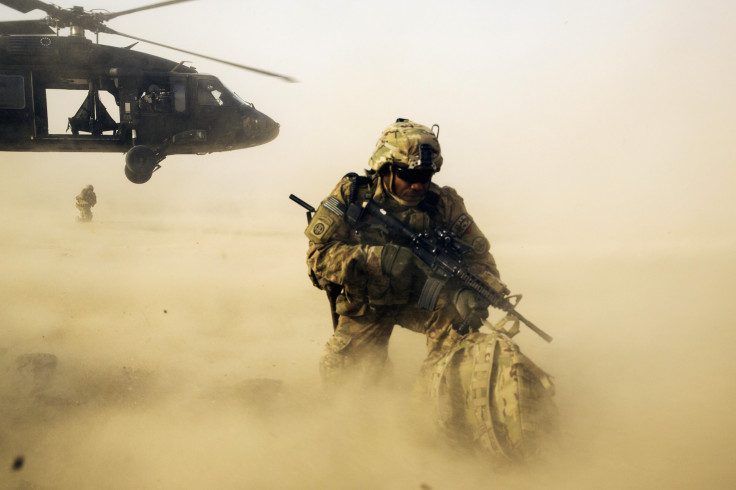After Wartime TBI Or Concussion, Psychological (Not Cognitive) Symptoms Predict Which Soldiers Suffer Long-Term Disability

A new study from Washington University in St. Louis finds military personnel who suffered a blast-related head injury were more likely to experience severe neurobehavioral, post-traumatic stress, and depression symptoms. While this may not seem surprising, what is unexpected is that these psychological symptoms, when appearing within the first week of injury, were better predictors of later disability than the usual tests given to concussed patients immediately after an injury: tests of balance, memory, and thinking.
One in Five
Twenty percent of those deployed in the wars in Iraq and Afghanistan suffered a head injury. Of these, the greater portion (83 percent) endured either a concussion or TBI (traumatic brain injury). Researchers at Washington University partnered with the U.S. military and the Naval Medical Center Portsmouth in Virginia to study the effects of such injuries.
For the study, 72 total participants, including 34 controls and 38 TBI patients, completed an initial evaluation in Afghanistan (within one week after the head trauma for the injured), and a follow-up exam six months to a year later in Saint Louis. The participants' ages ranged from 19 to 44. While the two groups were very similar, their exact demographic characteristics were not identical.
To evaluate each participant’s mental health, the investigators used the military's post-traumatic stress disorder questionnaire. Symptoms in this survey included experiencing repeated, disturbing memories or dreams; feelings of emotional numbness; difficulty concentrating; feelings of anger; and feelings of hyper-alertness. In the first assessment done within a week following an injury, the TBI group showed more severe symptoms and performed worse than the controls. No surprise there.
But what did the researchers observe during the evaluations performed six months to a year later? Nearly two-thirds (63 percent) of patients in the brain injury group were classified as "moderately disabled," compared with just one in five from the control group. This moderate category includes people unable to work as well as they did prior to becoming injured; people unable to continue previous social and leisure activities; and people whose mental health problems disrupt their relationships. However, it was low scores on the psychological test, not the cognitive test, that predicted which soldiers most likely would suffer a longer disability.
"Most previous studies have hypothesized that things such as duration of loss of consciousness, duration of post-traumatic amnesia and how well patients could perform tasks of thinking, memory, attention, balance and coordination would be the predictors of later disability," Dr. David L. Brody, associate professor of neurology at Washington University, stated in a press release. "We looked at these factors. And they were not strongly correlated with how well patients did long term."
The good news? Among the brain injury group, 37 percent were considered to have a good recovery.
Source: MacDonald CL, Adam OR, Johnson AM, et al. Acute post-traumatic stress symptoms and age predict outcome in military blast concussion. Brain. 2015.



























